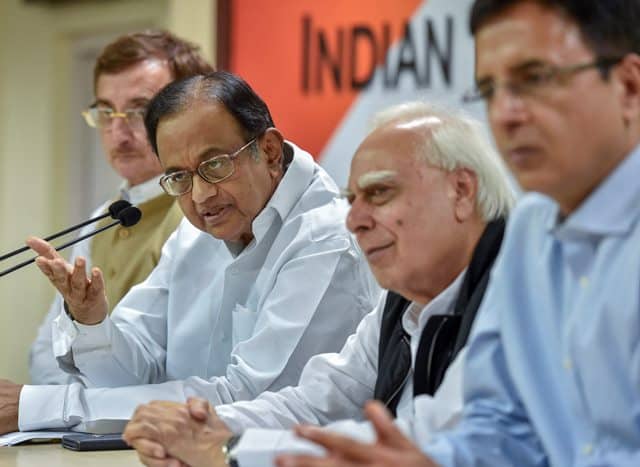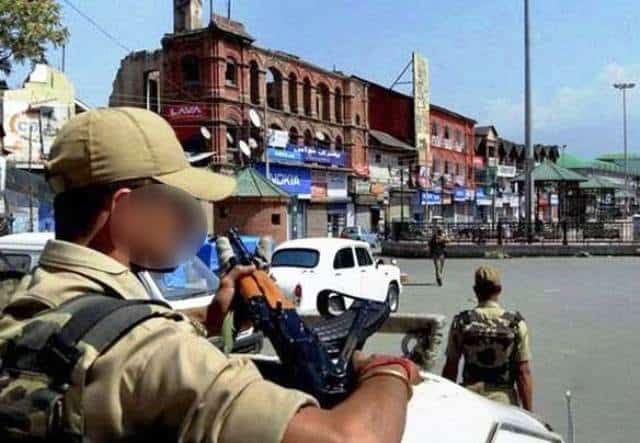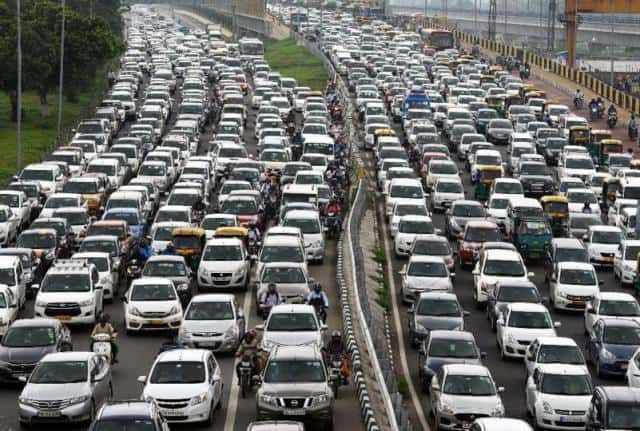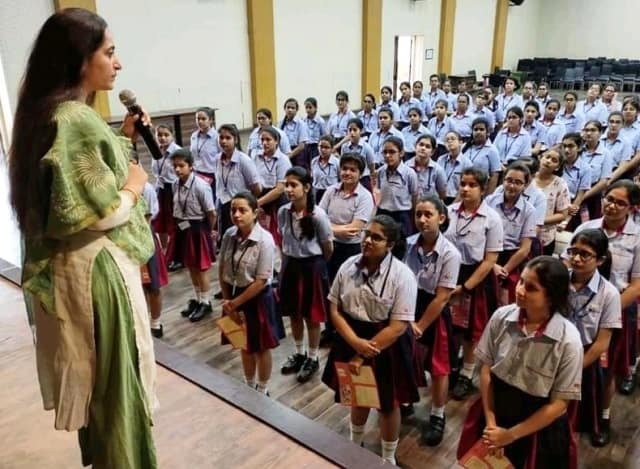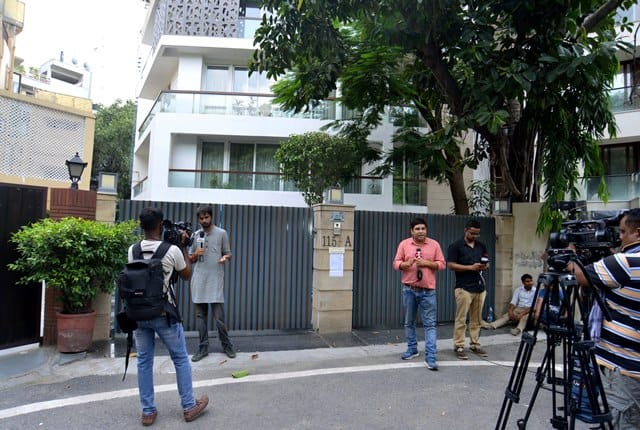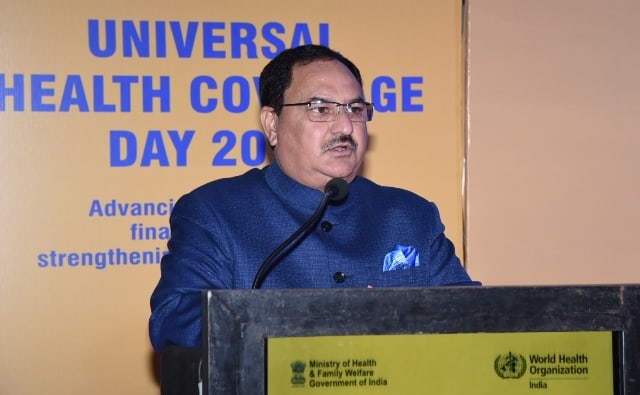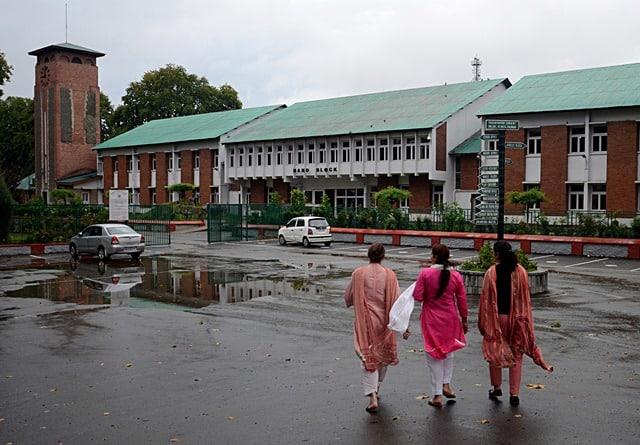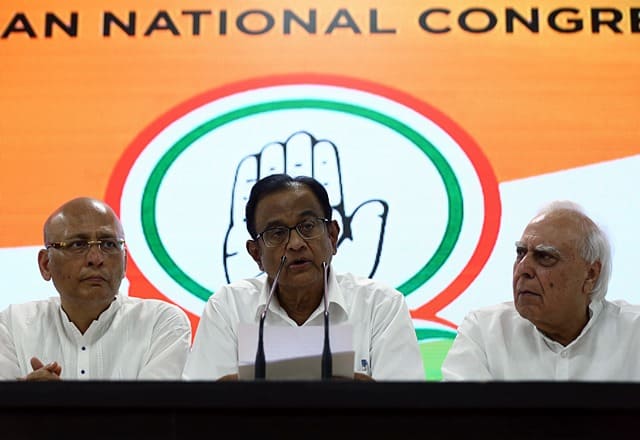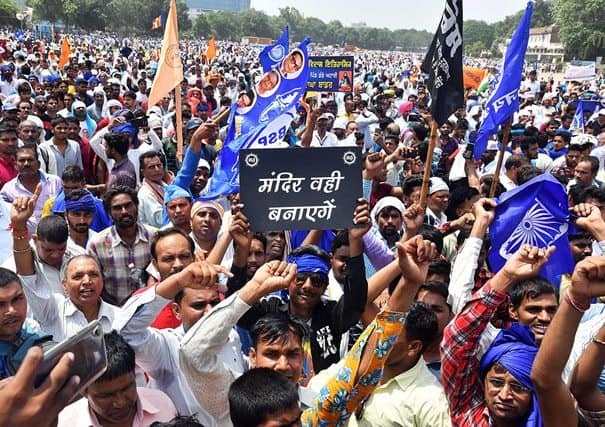A formidable lobby is looking for a bailout to come out of the current slump in the auto industry. Amidst a general economic slowdown, the Centre would have to think hard before obliging
“What is good for General Motors is good for the United States,” US Secretary of Defence Charles Wilson, incidentally a former CEO of the automobile giant, once said. Can such hype work for India’s automobile industry?
From boost in the mid-1980s thanks to the “Maruti revolution” to a boom as the century closed amidst economic reforms that brought in many domestic and foreign players and lasted over 25 years, to an unprecedented bust now, is its latest story.
Its formidable lobby with any government is desperately looking for a bailout. Amidst a general economic slowdown, the Narendra Modi Government would have to think hard before obliging.
Forget the ‘B’ alliterations – the passenger cars sales alone have plummeted by 36 percent and 350,000 jobs are lost. The fall could rise to 40 percent with a million jobs at stake in the coming months.
As recently as March this year, India was ranked the world’s fourth largest automobile market after China, the USA and Japan, surpassing Germany in terms of sales. New car models were being announced every month.
Any warning or words of caution were lost in the cacophony of the elections whose outcome was decided on ‘nationalism’ platform, despite the economic slowdown and rising unemployment.
Last month, however, the sale of vehicles across categories in the country slumped 18.71 percent to about 1.82 million units, down from about 2.24 million units in July 2018. This has been the steepest fall in nearly 19 years.
The combined vehicle dispatches across all categories, from factories to dealers, fell by about a fifth. Dispatches of passenger vehicles fell by almost a third with passenger cars declining by a steep 36 percent or by over a third compared to the same month 2018. Dispatches of motorcycles fell by almost a fifth and scooters by more than 12 percent, while dispatches of trucks, buses and light commercial vehicles were down by over 37 percent.
Auto industry contributes over seven percent of India’s GDP. Its honchos say this is the worst-ever crisis. The Society of Indian Automobile Manufacturers (SIAM) data shows that the sector also accounts for 14 percent of India’s total GST collections. Now, the government’s revenue is also hit.
The industry found some solace in the fact that historically, vehicle sales decline in the months preceding elections, and expressed the hope that demand following the elections would pick up. But like the overall economy, this did not happen.
Polls’ uncertainties drove people to postpone vehicle purchases. Ownership costs, an overall weak economy affecting demand and floods thanks to climate change in many parts of the country last year, as also this monsoon, combined to squeeze auto demand.
Government policies contributed to the confusion. It imposed deadline of mandatory transition to the Bharat Stage VI (BS VI) emission norms. It pushed another simultaneously to convert some vehicle categories to electric from the present internal combustion engine (ICE) technology that drives three of the four vehicles on the road. It proposes to ban all ICE-driven vehicles under 150cc in six years and all three-wheelers within four.
The automobile industry has mounted a quiet resistance to the technology-switch and now, it is the first major producer/employer to loudly protest the government’s economic policies. After a gap of over five years, one hears again the accusation of “policy paralysis.”
The entire auto industry is hit. To cope with slow demand, 15 auto makers including Honda, Maruti Suzuki, Nissan, Datsun, Mercedez and Indian ones like Tata and Mahindra and Mahindra (M&M) have reduced seven percent workforce as they stagger production. Some have declared two weekly holidays.
This extends to ancillary units like Japanese motorcycle maker Yamaha Motor and auto components makers including France’s Valeo and Subros. They add up to 100,000 jobs lost, according to a Reuters report.
India’s jobless rate rose to 7.51 percent in July 2019 from 5.66 percent in July 2018, according to private data group CMIE whose data is more up-to-date than government figures and regarded in financial markets as more credible.
Seven percent of those in temporary jobs are sacked. Swank car sales outlets have closed down enforcing more job-cuts. There is also fall in insurance that is mandatory before a vehicle touches the road.
Auto-makers are concentrated in and around Mumbai, Pune, besides Gujarat, Modi’s home state. Chennai accounts for 35 to 40 percent of all car manufacture. At Gurugram and Manesar, the Maruti Suzuki hub in Haryana, 40,000 to 50,000 workers have already been laid off.
If that is any consolation to India, layoffs in global auto industry have hit Mexico, China and the US as well. While all are hit by a general slowdown, Edelweiss Research says India’s auto slump is different from others, differs from the ones it suffered in the past and is driven by domestic factors. Much of rural India’s auto aspiration was driven by non-banking financial institutions. But they were hit by November 2016 demonetization of 83 percent of currency in circulation.
Changing social mores are contributing to the slump. While owning a car and one’s own house remain symbols of social status, the urban youth, at least, want to utilize their disposable incomes differently. They increasingly prefer a rented house and travel by app-based vehicles to escape repaying heavy loans on both and to avoid maintenance hassles. This partly explains the glut in unsold city houses and cars, two major producers/employers.
Sadly, the car/housing bust is unlikely to change the attitude of the politicians who failed to widen the roads enough and promote public transport. Among the car owners, the rich want to park vehicles free on public roads. On the other hand, the harried car owner rues traffic jams and delays at work, occasionally causing accidents or getting into road rage.
Analysts say there are better ways of boosting and measuring the economy than car production. It is sad that many jobs are being lost in the automobile sector. But the way out is not to bail out the automobile sector but to create jobs in more socially useful sectors.
The crisis is expected to last two to three years. Perhaps, longer due to expected rise in costs estimated at 13 to 30 percent due to safety, insurance and emission-related compliance. As for the fuel costs, with rising tensions in West Asia, it is anybody’s guess.
The writer can be reached at mahendraved07@gmail.com
]]>
